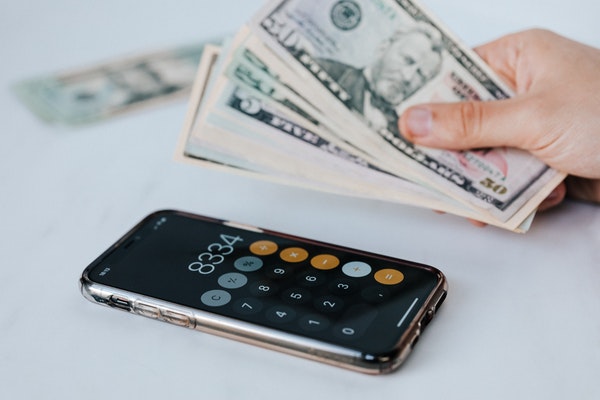Our debt counselors know how stressful and complex paying off debt can be. Entering into the situation with some background information on this process can help you avoid potential mistakes while saving you time and money. Here are the do’s and don’ts of eliminating debt.
Paying Off Debt: Don’ts.
- Paying Down the Wrong Debt First – If you’re trying to pay down multiple debts, be sure to make payments toward the debt with the highest interest rates first. This will reduce the amount you pay over the long term.
- Continuing to Accrue Debt – If you’re in debt already, stop using credit to pay for things. Implement a budget that will allow you to cover all monthly expenses without relying on credit cards or other debt to pay essential bills.
- Paying the Minimum – By paying as little as possible you’re ensuring that you remain in debt longer and likely are going to end up paying significantly more in interest in the end. Pay as much as your budget will allow.
- Consolidating Federal Student Loans – Federal student loans come with built-in benefits and protections from the federal government. If you consolidate these loans with a private lender, you are sacrificing these protections.
Paying Off Debt: Dos.
- Design a Budget – Calculate all of your monthly expenses vs. your take home pay. Figure your loan or credit card payments into the budget as expenses. Cut back on discretionary spending in order to prioritize paying down the debt.
- Pick a Strategy – There are a few strategies to choose from when paying debts. You can focus on one debt at a time or set milestones for yourself or use a different method that works for you. Having a plan is a good way to remain consistent with debt management.
- Lower Your Interest Rate – There are a couple different ways you could reduce your interest rate, but you should not make a habit of relying on these. Use them once and then pay off debts and stay out of debt moving forward.
- First, you can take advantage of balance transfer offers on credit cards. These are 0% interest offers that cards will offer you to move an outstanding balance from another card. Be sure to watch out for fees and be aware of when the 0% rates expire.
- Next, use a personal loan to consolidate high-interest debts into one, lower interest payment. Credit cards frequently have interest rates around 10% or higher once you’ve failed to pay off a balance completely each month. You may be able to get a personal loan with a rate as low as 2% in order to avoid paying more in interest long term. Be sure to understand the terms of the loan in order to pay it off in time without incurring any penalty charges.
If you’re struggling to pay off debt, ACCC can help. Schedule a free credit counseling session with us today.






